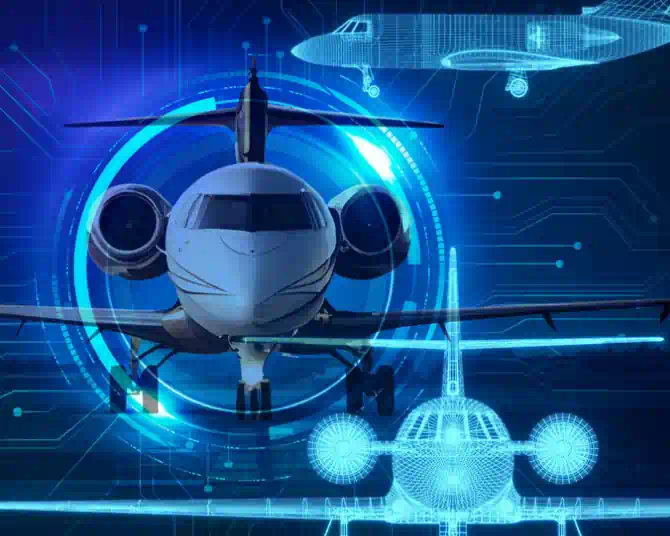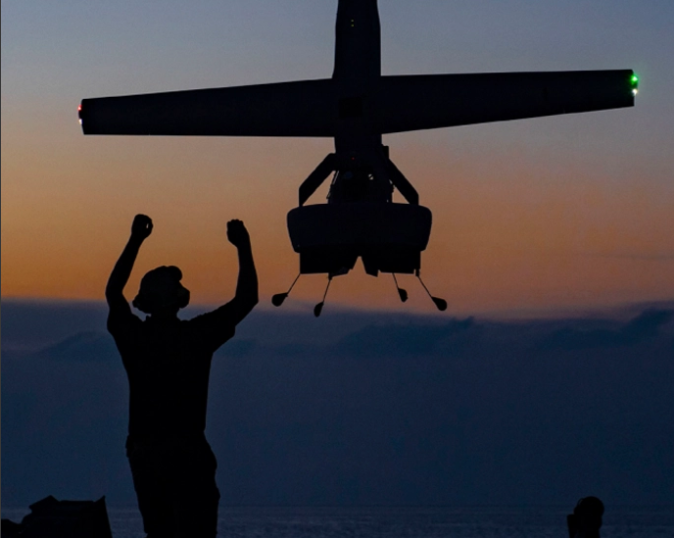Aviation in the National Airspace
CNA has more than 30 years of experience supporting government leaders to solve aviation problems in the National Airspace System (NAS). We partner with the Federal Aviation Administration (FAA), National Institute of Standards and Technology (NIST), National Aeronautics and Space Administration (NASA), and Department of Homeland Security (DHS), as well as state and local governments, industry partners, leading universities, and public safety organizations.
Our work spans the full lifecycle of aviation programs—from early-stage concept development and stakeholder engagement to systems engineering, acquisition strategy, and implementation support. With deep expertise in aeronautical information management and air traffic operations, CNA helps modernize and optimize processes, turning them into scalable digital solutions that strengthen the safety, efficiency, and resilience of the NAS. Our work extends across critical domains, including AI and machine learning, autonomous systems, and cybersecurity, ensuring aviation leaders are equipped to meet today’s challenges and tomorrow’s demands.
(CNA work on military aviation is largely executed by the Strike and Air Warfare Program.)
Expertise Highlights
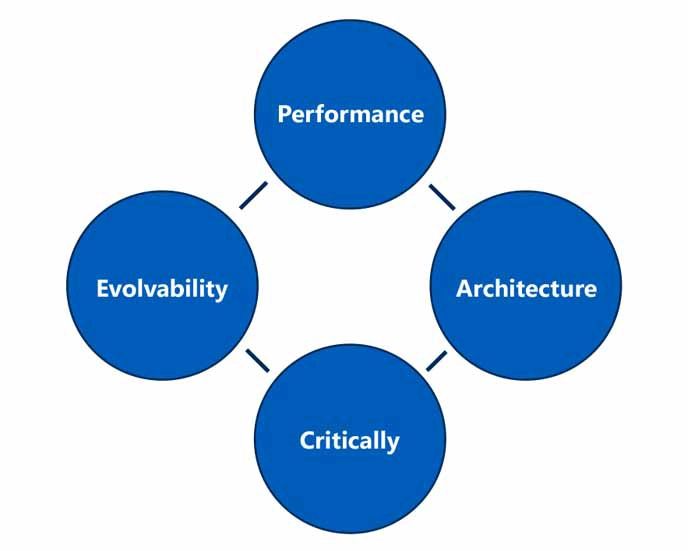

As cities across the country become more networked and connected with smart sensors, more data is available to first responders than ever before. But how can this data be interpreted efficiently in emergencies where every second counts?
In this episode, John Crissman and Shaelynn Hales from CNA and Godfrey Nolan, founder and CEO of RIIS LLC, join the show. We discuss their award-winning First Responder Awareness Monitoring during Emergencies (FRAME) System, which takes in data from these sensors, uses machine learning to interpret the information, and aggregates that into a common data view to increase emergency situational awareness.
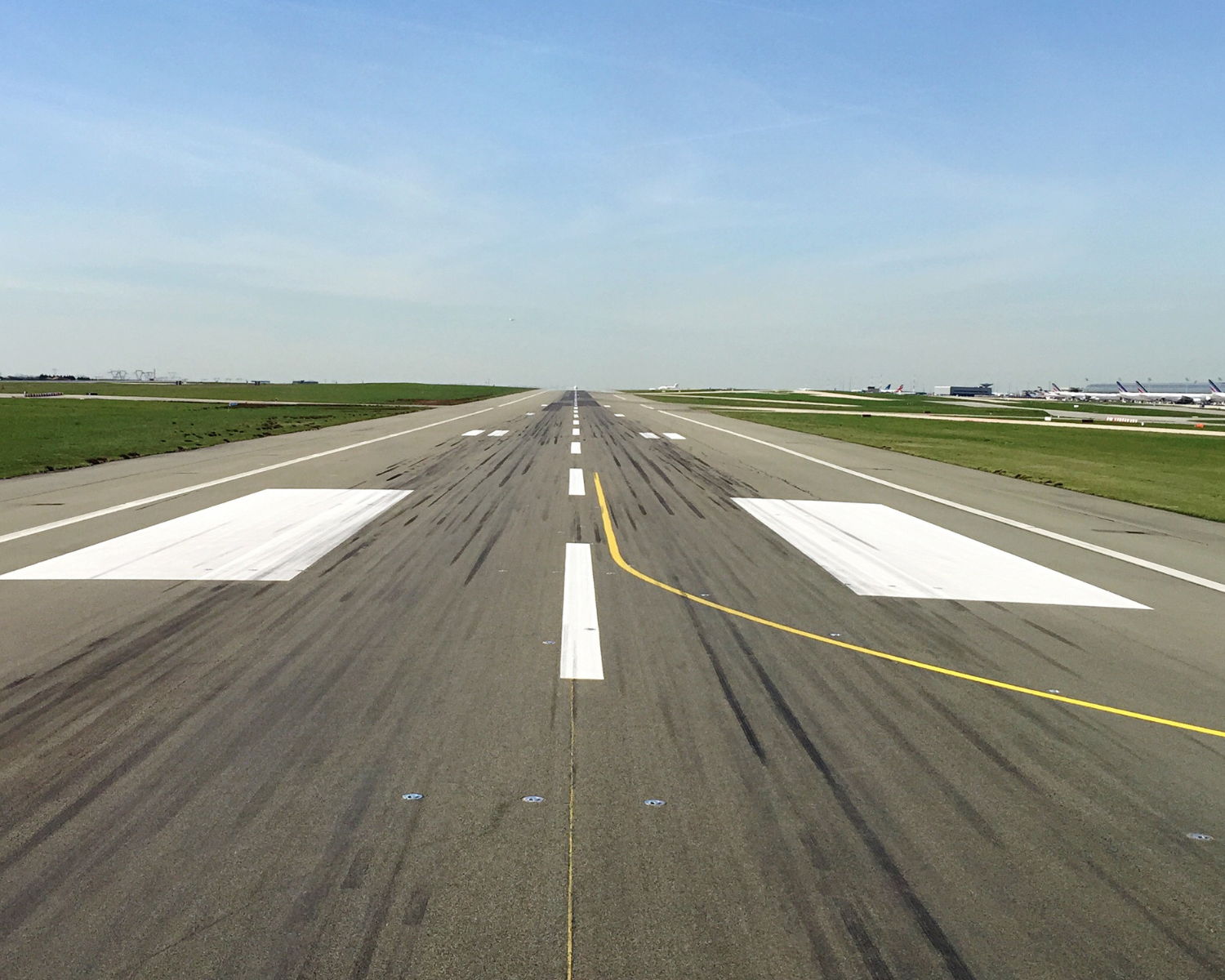
CNA plays a leading role in advancing the safe and scalable integration of autonomous systems into the National Airspace System. Through innovations like the UAS Cooperative Airspace Traffic Simulation (UCATS™) tool and partnerships such as the FAA’s ASSUREd Safe initiative, CNA supports the identification of operational risks, informing of policy development, and guides best practices. Our work enables secure and efficient unmanned aircraft system (UAS) operations across the evolving aviation ecosystem. By combining rigorous analysis with user-focused design, CNA transforms emerging technologies into mission-aligned solutions.

Our partners from the FAA’s Center for Excellence’s ASSUREd Safe join the show to discuss integrating uncrewed aerial systems into the national airspace.
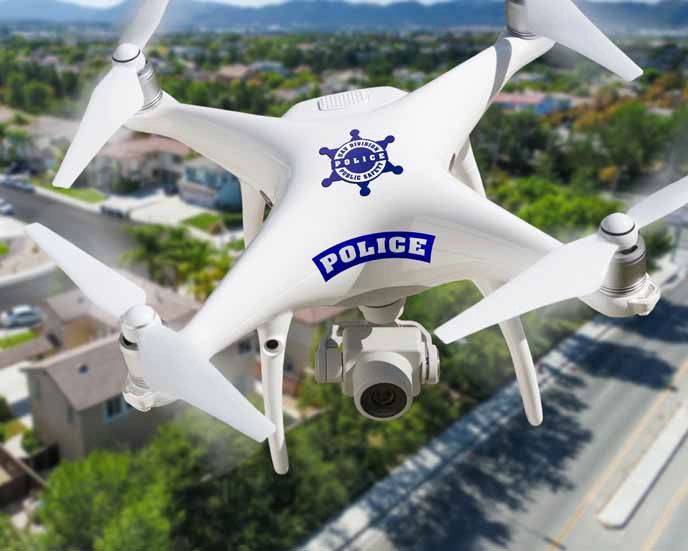
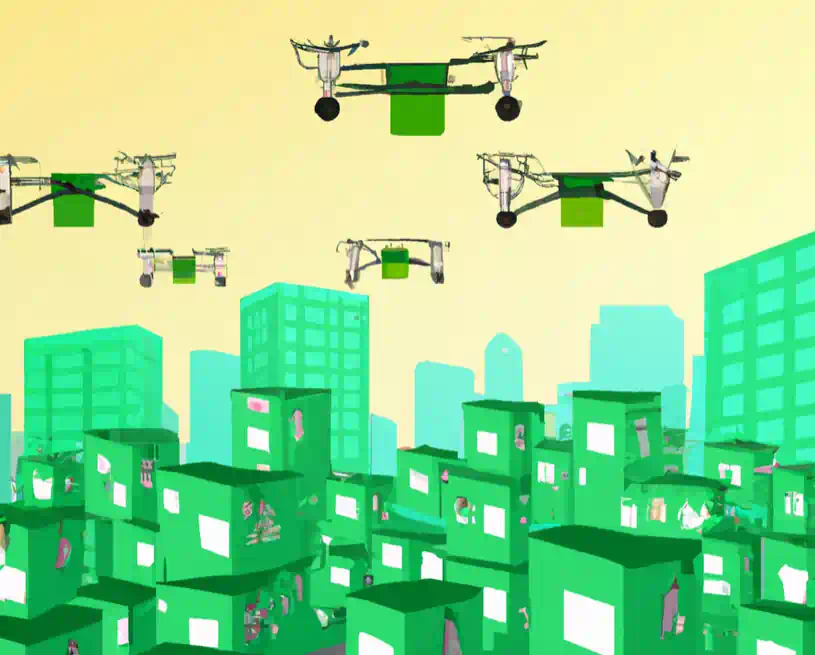
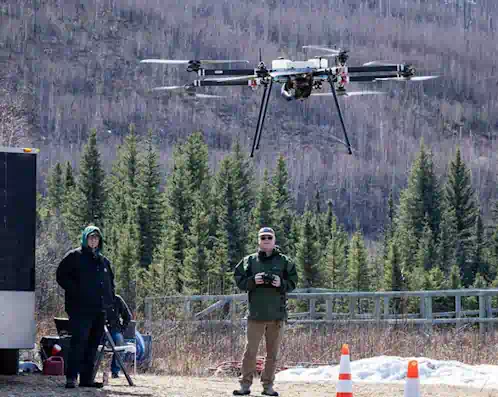
CNA’s cybersecurity expertise transforms drone operations into secure, mission-ready capabilities. Our research has produced advanced tools to detect and mitigate vulnerabilities in drone fleets, demonstrated across public safety and commercial applications. We apply a user-centered approach that simplifies cybersecurity defense for non-technical operators, ensuring resilience without added complexity. By combining rigorous analysis and real-world testing, CNA supports government and industry in shifting from recognizing theoretical cybersecurity risks to deploying trusted, hardened operations that meet the demands of the current aviation landscape.
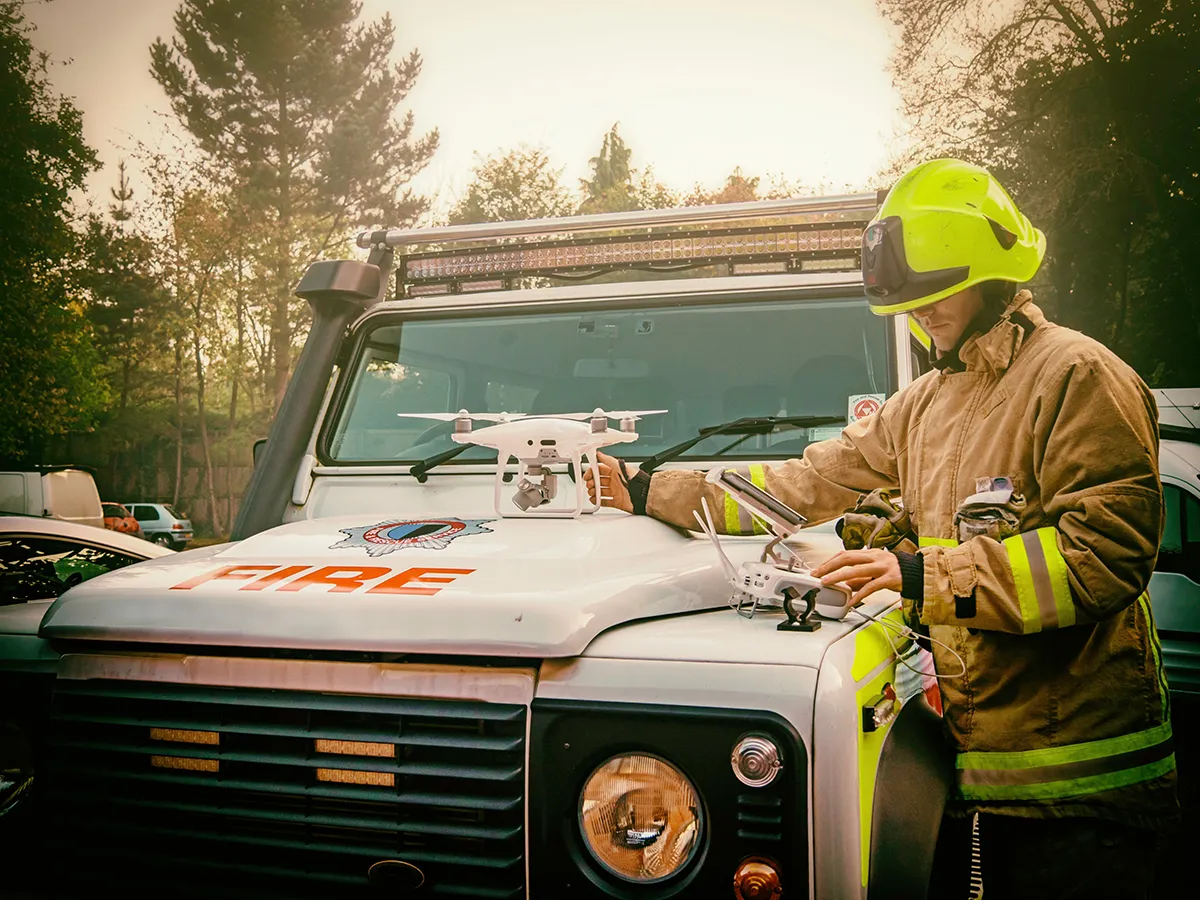
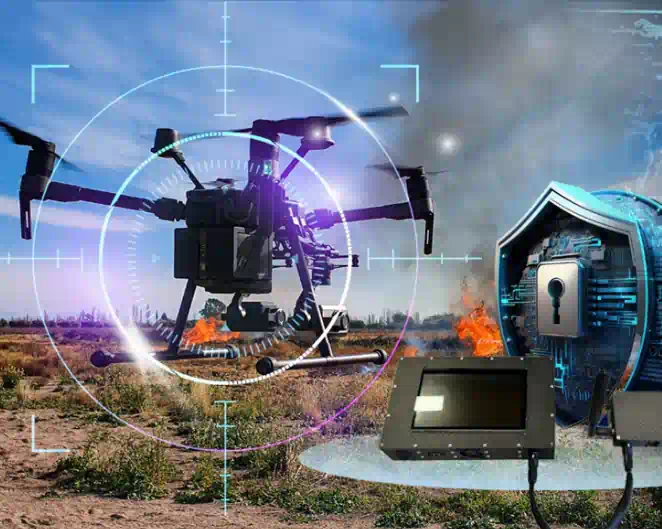


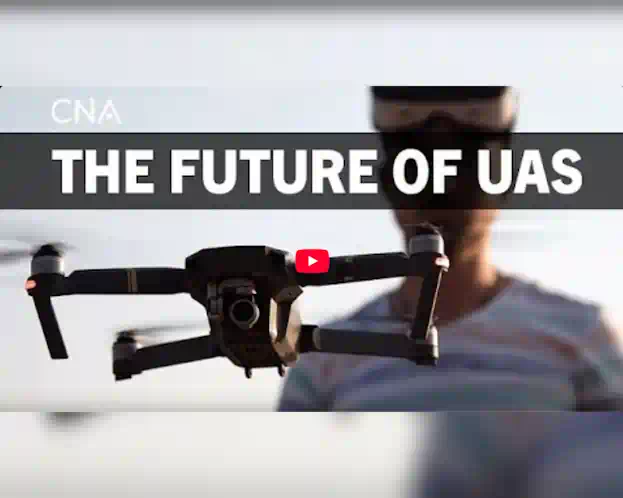
CNA’s operational analysis enables the FAA to modernize critical systems with confidence and precision. Our team has played a central role in advancing how the FAA originates and distributes critical aeronautical information. CNA provides operational analysis support to the FAA's Air Traffic Control System Command Center, including air traffic forecasting and system performance evaluation. We provide timely operational data and analysis to inform tactical and strategic decisions. We ground each effort in real-word constraints and continuous improvement to help deliver airspace operations that are smarter, safer, and more responsive.
